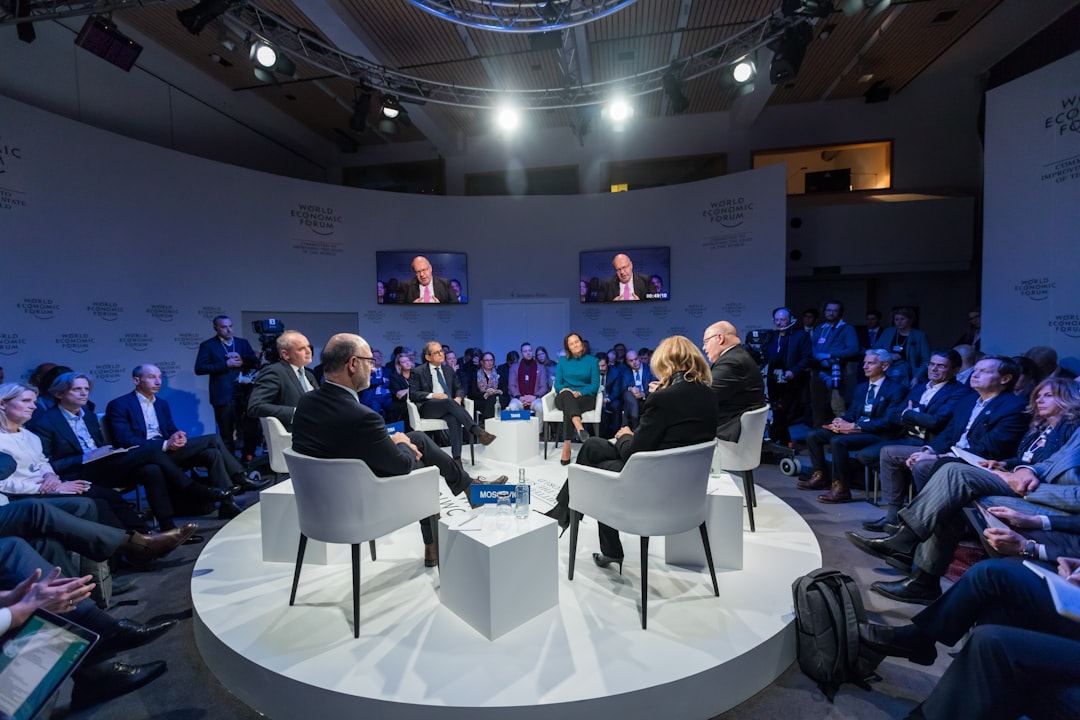Organizing a successful conference requires meticulous planning, attention to detail, and excellent communication skills. Whether you are an experienced event planner or a novice looking to venture into the world of conference planning, this comprehensive guide will provide you with valuable insights and practical tips to ensure your event is a resounding success.
The first step in conference planning is defining your objectives. What is the purpose of the conference? Who is your target audience? Establishing clear goals will help you shape the overall vision for the event and guide your decision-making process.
Once you have a clear understanding of your objectives, it’s time to start the logistical planning. This includes selecting a venue that can accommodate your expected number of attendees, arranging for audiovisual equipment, catering services, and any other necessary resources. Pay close attention to the layout of the venue to ensure smooth flow of traffic and easy access to all sessions and activities.
Another crucial aspect of conference planning is creating a detailed schedule. Consider the duration of the event, the number of sessions, and any breaks or networking opportunities. Make sure to allocate sufficient time for each session and allow for flexibility in case of unexpected delays or changes.
Communication is key when it comes to coordinating a conference. Keep all stakeholders informed about important updates, deadlines, and responsibilities. Utilize technology to streamline communication, such as email newsletters, social media announcements, and event management software.
One of the most challenging aspects of conference planning is managing the budget. Create a detailed budget that outlines all expenses, from venue rental fees to promotional materials. Identify potential sources of revenue, such as sponsorships or ticket sales, and allocate funds accordingly to ensure a balanced budget.
On the day of the conference, be prepared for any last-minute issues that may arise. Have a dedicated team of staff or volunteers to handle registration, direct attendees, and troubleshoot any technical difficulties. Stay calm under pressure and be ready to adapt to changing circumstances.
After the conference is over, don’t forget to collect feedback from participants. Conduct surveys or feedback forms to gather insights on what went well and areas for improvement. Use this feedback to inform your future conference planning efforts and continuously strive for excellence.
In conclusion, conference planning is a complex yet rewarding endeavor that requires careful attention to detail, effective communication, and strategic decision-making. By following the tips outlined in this guide, you can successfully organize a memorable and impactful conference that leaves a lasting impression on attendees.

